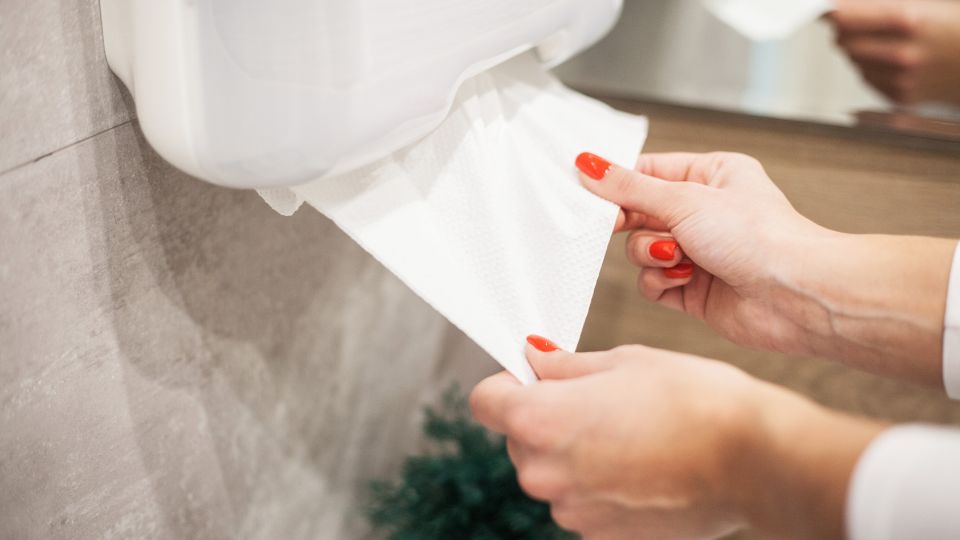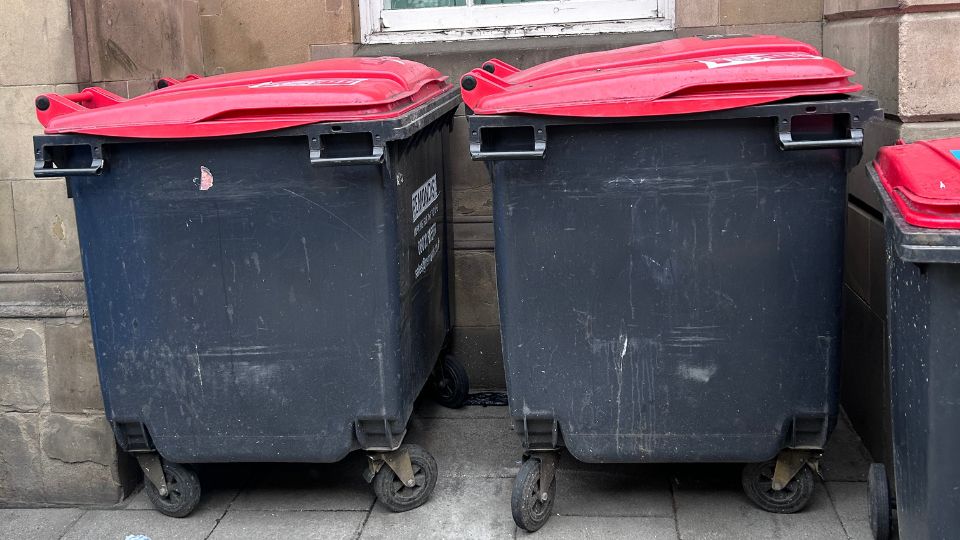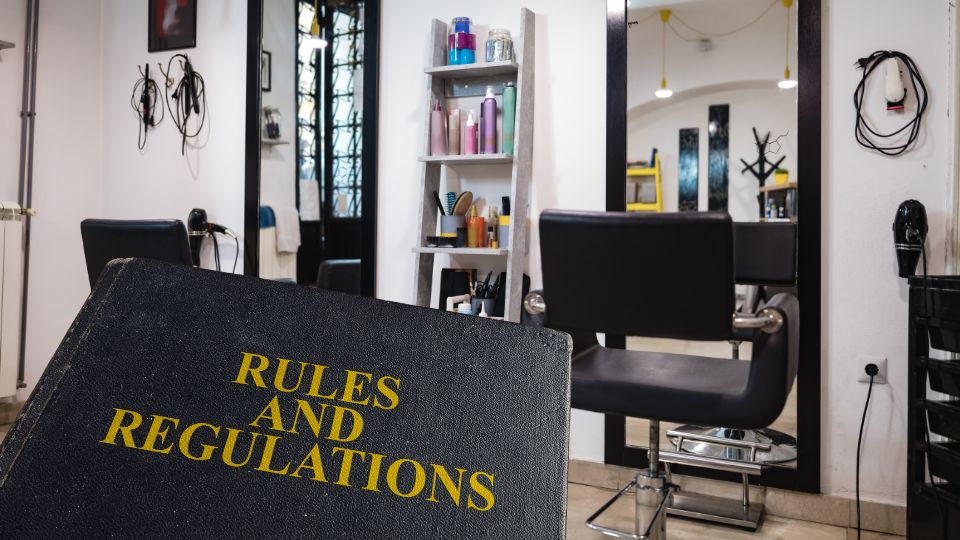
Running a massage parlour or spa in the UK means you’ll need to handle various types of waste efficiently and responsibly.
This guide will cover everything you need to know about managing waste at your facility, including the types of waste produced, the bins you’ll need, waste collection services, recycling options, and strategies for reducing waste.
Table of Contents
- Types of Waste Produced at Massage and Spa Facilities
- Internal and External Bins Massage & Spas Will Need
- Waste Collection Services Required
- Recycling Massage and Spa Waste
- Reducing Waste at Massage Parlours and Spas
- Additional Tips for Spa and Massage Parlour Owners
- Conclusion
Types of Waste Produced at Massage and Spa Facilities
Understanding the types of waste your spa or massage parlour produces is the first step in managing it effectively. Common types of waste include:
- General Waste: This includes everyday items like used paper towels, plastic packaging, and materials with food debris from staff lunches.
- Clinical Waste: Used for items that may pose a health risk, such as used tissues, gloves, and any materials contaminated with bodily fluids like acupuncture needles.
- Chemical Waste: This involves waste from cleaning products and other chemicals or oils used in treatments.

Internal and External Bins Massage & Spas Will Need
Having the right bins both inside and outside your facility is crucial for efficient waste management.
Internal Bins:
- General Waste Bins: Place these in treatment rooms, staff areas, and bathrooms.
- Recycling Bins: Ensure these are easily accessible in common areas and staff rooms.
- Clinical Waste/Chemical Waste Bins: These should be clearly marked, have secured lids, and be placed in treatment rooms and chemical/cleaning supply rooms.
External Bins:
- General Waste Wheelie Bin: Larger bins to store bagged general waste until collection.
- Dry Mixed Recycling Wheelie Bin: Bin for paper, cardboard, plastic, and glass.
- Clinical Waste Containers: Secure and lockable bins for clinical waste.

Waste Collection Services Required
Since your massage/spa is a UK business, you’re legally required to arrange for commercial waste collections to safely dispose of your waste on a weekly/fortnightly basis.
You’ll need a collection service for all your waste types. Typically, most massage parlours opt for the following:
General Waste Collection | Weekly
Dry Mixed Recycling Collection | Fortnightly
Clinical Waste Collection | Weekly
We’d recommend using a waste management company that can provide all of these services under one monthly bill to keep things simple.
Recycling Massage and Spa Waste
Recycling is a great way to reduce your environmental impact. Here are some items commonly recycled at spas:
- Paper and Cardboard: From packaging and office waste.
- Plastic Bottles and Containers: Used for products and cleaning supplies.
- Glass Bottles: From oils and lotions.
- Aluminium Cans: Beverage containers from staff areas.
Reducing Waste at Massage Parlours and Spas
Implementing waste reduction strategies can save you money and benefit the environment:
- Use Reusable Items: Opt for reusable towels and cloths instead of disposables.
- Bulk Purchase Supplies: Reduce packaging waste by buying in bulk.
- Digital Records: Minimise paper waste by using digital booking and record-keeping systems.
- Eco-friendly Products: Choose products with minimal packaging and biodegradable materials.

Additional Tips for Spa and Massage Parlour Owners
- Staff Training: Educate your staff about proper waste segregation and recycling practices.
- Client Education: Inform your clients about your eco-friendly practices and encourage them to support your efforts.
- Regular Audits: Conduct waste audits to identify areas for improvement and track your progress.
- Stay Updated: Keep up-to-date on local regulations and best practices for waste management in the beauty industry.
Conclusion
Effective waste management is essential for running a successful and sustainable massage parlour or spa in the UK.
By understanding the types of waste produced, using the right bins, partnering with reliable waste collection services, and implementing recycling and waste reduction strategies, you can minimise your environmental impact and cut costs.







